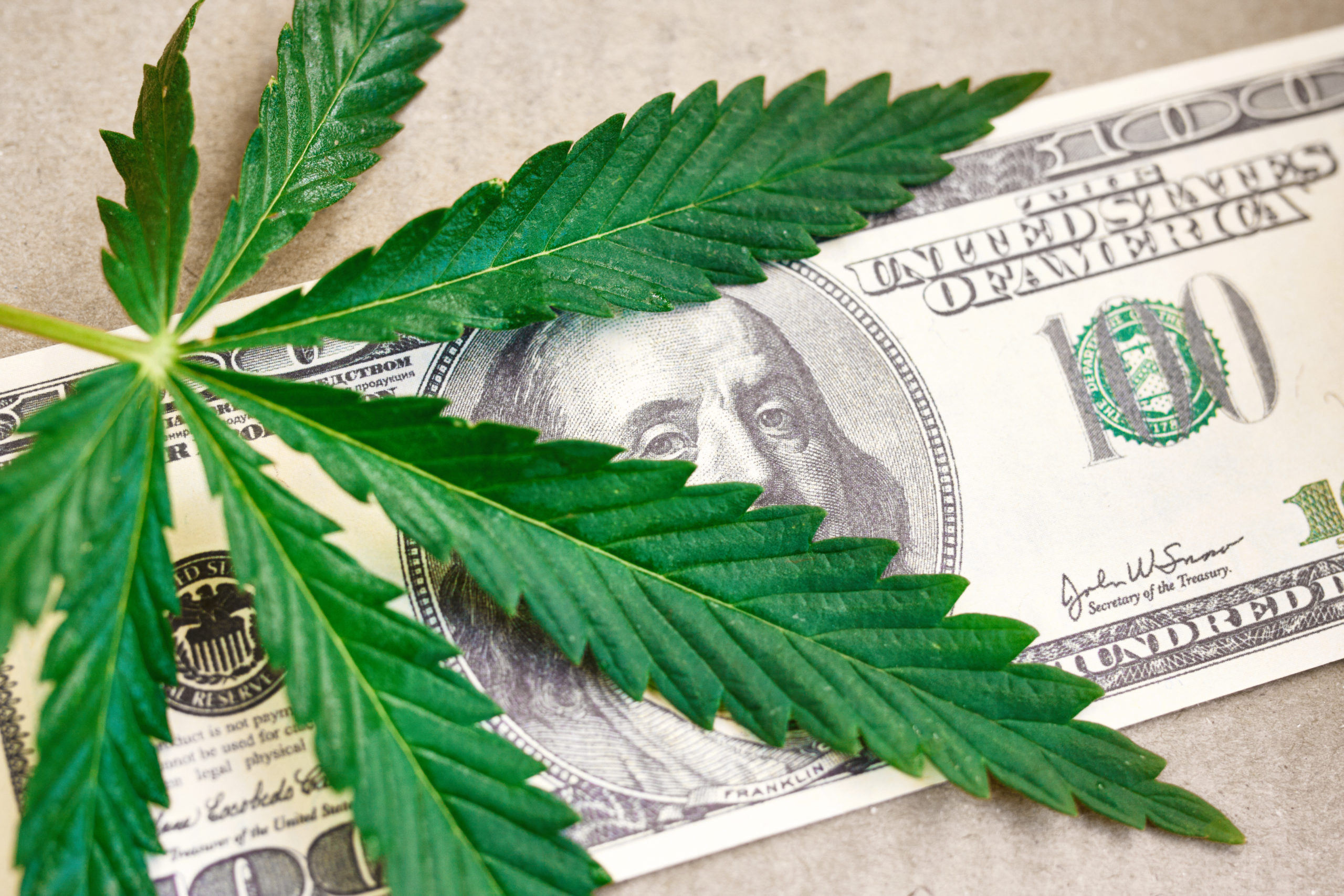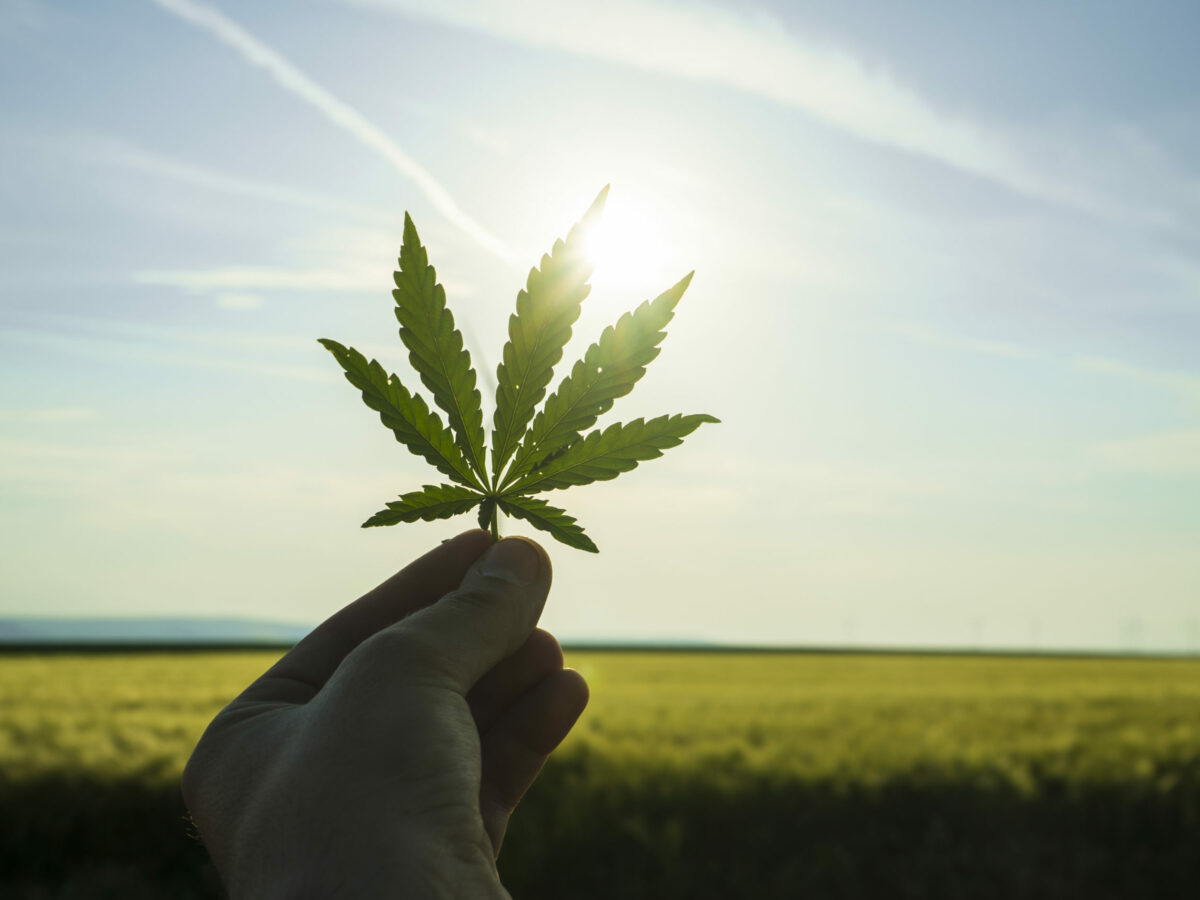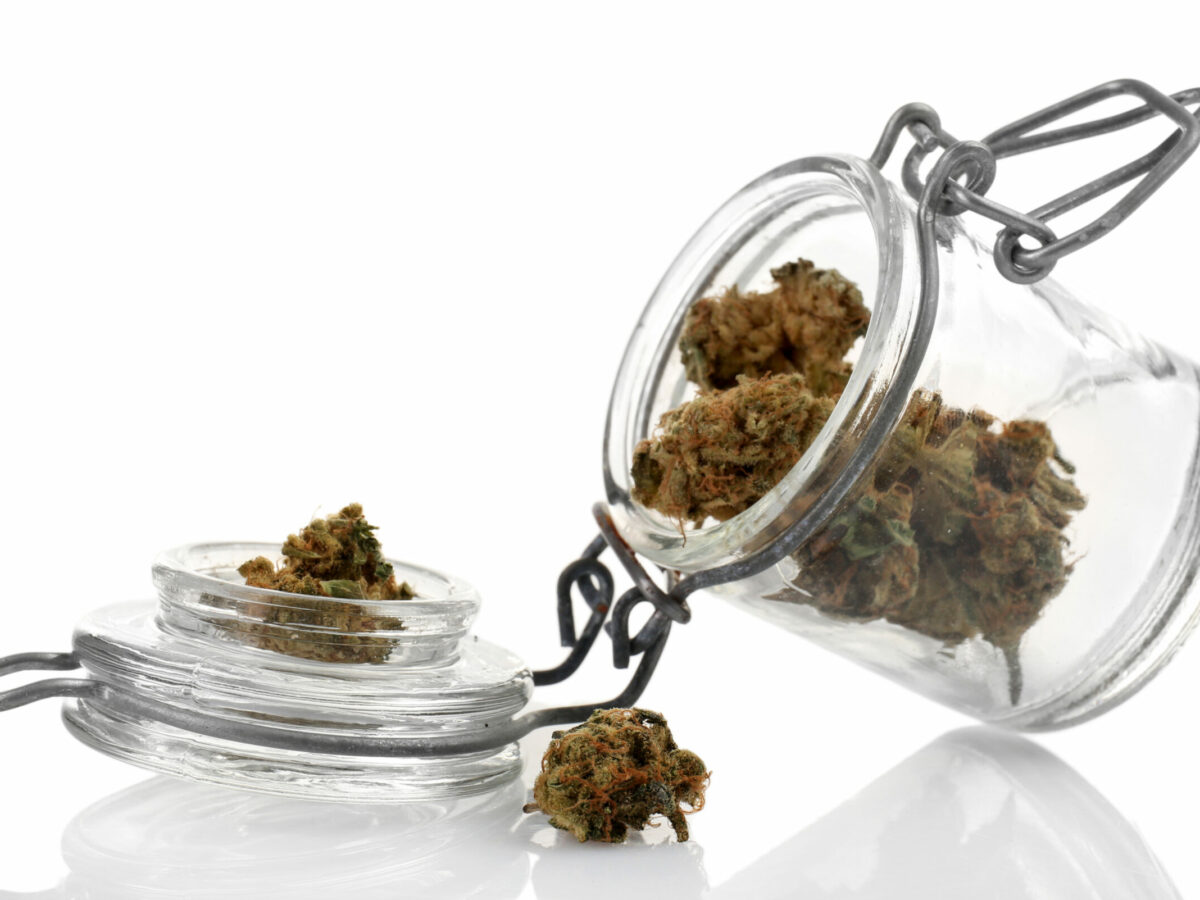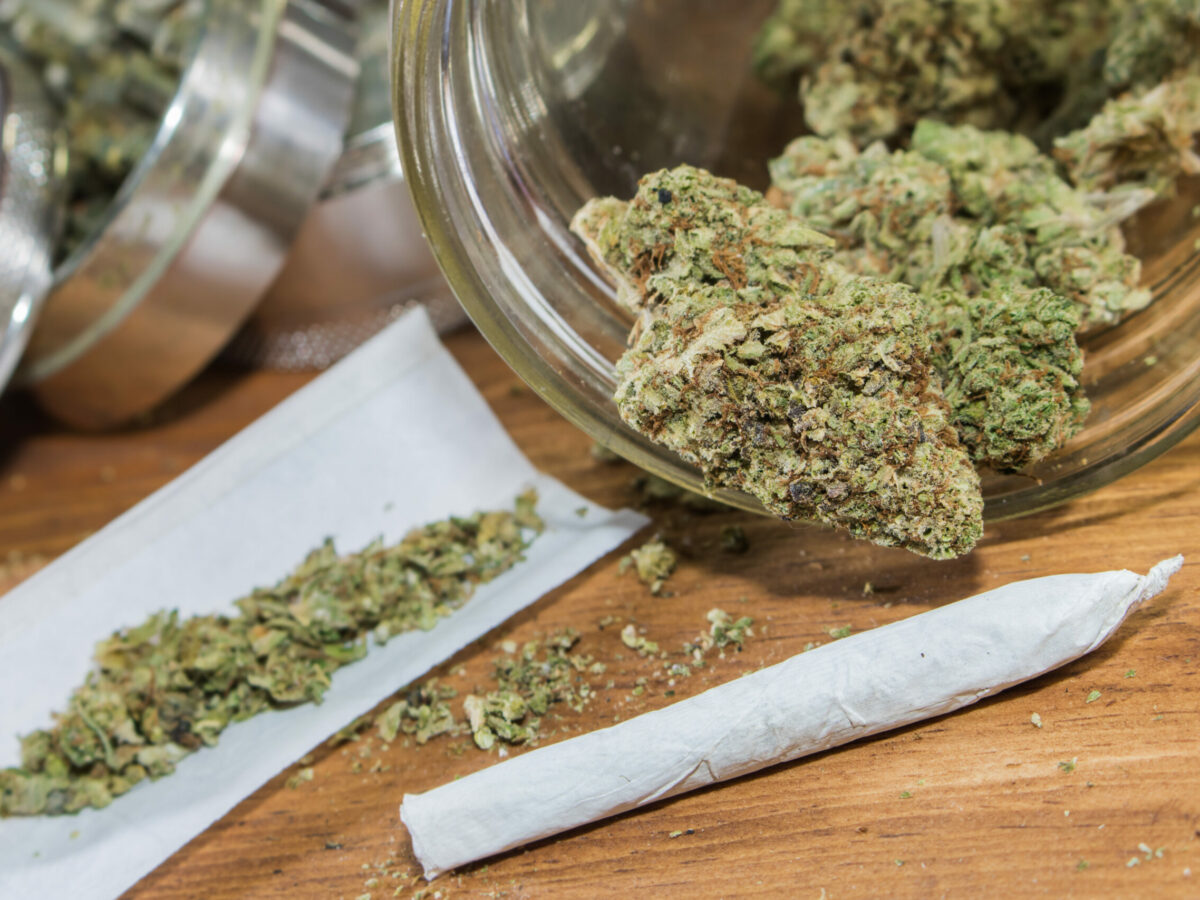D.C.’s preliminary budget for the upcoming fiscal year includes a provision that would redirect tax dollars from medical cannabis sales towards a new “social equity fund” to help minority entrepreneurs get weed businesses off the ground.
The “Medical Cannabis Social Equity Fund” would be jointly administered by D.C.’s Department of Small and Local Business Development and the Alcoholic Beverage Regulation Administration (ABRA), which runs the District’s medical cannabis program.
The D.C. Council’s Committee on Business and Economic Development (CBED) recommended creating the fund in an April report on the budget, noting the need for “a well-funded social equity program that would provide an opportunity for disenfranchised minority groups to fairly compete in the medical cannabis industry.”
But financing the program could prove tricky, as it may require diverting money from a separate health care fund.
The report from CBED, which is chaired by Ward 5 Councilmember Kenyan McDuffie, proposes using all tax revenue from medical cannabis sales to pay for the social equity program. Currently, those dollars are allocated to D.C.’s Health Care Finance Fund (DHCF) –– a holdover from when the medical cannabis program was still run by the D.C. Department of Health. (ABRA took over in October 2020.)
CBED argues it’s now time for tax revenue from weed sales to be pumped back into medical cannabis initiatives, especially given that DHCF already benefits from $65 million in tax revenue each year.
“The $2.5 million from medical cannabis sales tax is rather a miniscule (sic) amount that DHCF should be able to absorb,” the CBED report says.
That proposal didn’t quite make it into the budget. Instead, the council’s Committee Of The Whole, led by Chairman Phil Mendelson, offered to allocate money “in excess” of projected medical cannabis sales to the new social equity fund.
For now, the social equity fund is only a proposal as the D.C. Council has yet to fully sign off on next year’s massive, $19.5 billion budget. The council unanimously voted to give the spending bill initial approval earlier this month, but a final vote on the budget won’t take place until May 24.
The effort to launch a social equity fund comes as ABRA regulators are reviewing applications for new medical cannabis licenses, including one new dispensary, two new cultivation centers and two new testing labs. Those permits are slated to be awarded later this year.
D.C.’s medical weed program already has some equity-focused measures built into its licensing process. For instance, ABRA gives a small, but potentially decisive boost to applications from businesses that qualify as “equity impact enterprise” — meaning they are primarily owned by local residents who are “economically disadvantaged” or have faced “racial or ethnic or cultural bias.”
As the movement for weed legalization sweeps the nation, a number of progressive states have sought to repair the damages of The War on Drugs by creating social equity programs that prioritize minority entrepreneurs and invest in communities harmed by prohibition.
When Virginia Democrats legalized retail weed last year, they created a tax-funded initiative called the Cannabis Equity Reinvestment Fund. But the program’s future is now in limbo as Republicans are working to roll back social equity provisions of the law.
Across the country, state programs that give preference to specific groups in the cannabis licensing process –– like veterans or minorities –– are increasingly facing legal hurdles on the grounds that they put some applicants at a disadvantage. Social equity programs have successfully been challenged in courts in Michigan, Missouri and Maine.
Some industry analysts have also questioned whether social equity programs can effectively fix the current lack of racial diversity in the legal cannabis industry, where Black people represent less than 2% of business owners.



